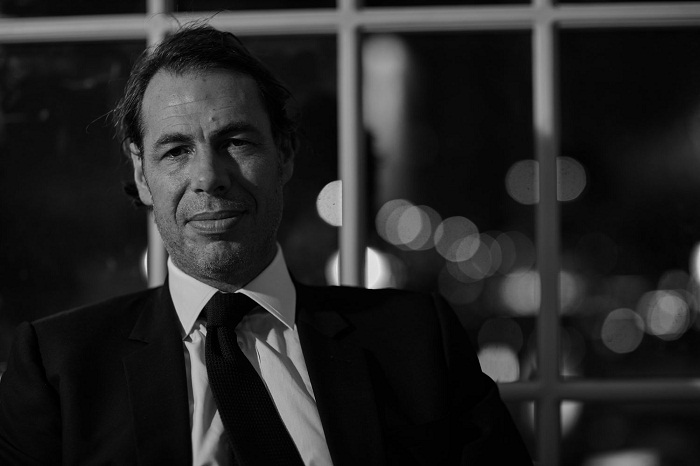The basic principles of taxation are nearly as old as human society.Several ancient civilizations:Egyptian, Greeks,and Romans, for example, levied taxes on their citizens to pay for military expenses and other public services. Taxation evolved significantly, as empires expanded and civilizations become more structured.
Within time, taxation was established as a norm for maintainingthe figure of the state functioning. European nations introduced the instrument of income taxes during the 19th century. For example, the unifying Prussian influence over many of the independent German states helped entrench the principles of income tax in continental Europe. And France began to establishan income tax during World War I, in response to the threat of a German invasion.
Then the Value Added Tax or VAT was created. This kind of tax is applied on imports to keep the system fair for homeproducers because that way they can compete on equal terms on theinternal market with suppliers situated outside. But globalization has made of the world a smaller community. Now, even though, paying taxes is a legal and moral obligation, the right to a refund is also essential. There is where things started complicating.
Grégory Labrousse’s Work
Since 2005, Grégory Labroussehas been leading TAXEO, an innovative solution to step out of the box in a developing 21stcentury.He noticed thatrecovering VAT in the traditional way was a complicated and time-consuming process.As long as globalization demanded taking care of expenses both inside and outside the country, paper, and scanned receipts were no longer suitable for adequately recording and calculating the different taxes originated, especially VAT.
- Labrousse launched TAXEOas a society, facilitating refunds for employees who are traveling. Besides, Grégory had the idea of issuing a credit card that letthe company get back the refund of all VAT. The company created eRefund:designed in cooperation with Deloitte, the heart of Taxeo innovation is to receive invoice data directly from hotels, car rental companies, event venues and other business travel merchants. Taxeo then establishes e-invoices on behalf of the merchants.
IT Helping In VAT
One of the troubles for companies with a traveling workforce was having all of them coming to the accounting department after a selling tour with a bunch of papers to be classifiedand register according to every country legislation on VAT. All this supposed time wasted and a lot of stress for having refunds and declarations on time.
Labrousse explains that thank IT, the process of receiving data from merchants is simple. Then processing and combining it with information linked to the Taxeo ID number attached is a matter of applying trusted and efficient algorithms. Finally,electronic invoices are generatedon a daily basis, all of which, will conform to accounting and tax rules specific to each EU country, Norway,and Switzerland. A secure, fast and transparentprocess.
With an efficient customized system, connecting with many expense management solution such as Chrome River, Concur, MobileXpense, SRXP is made simpler. Thenthe expense data is retrieved, analyzed and structure it to process it in real time.
Open Data Is The Base
Available data (Open Data for everyone to use it) makes it possible to achieve such a huge task.This information is not about phone numbers, personal email addresses or pictures in devices. “This data source that economists would call ‘non-rival’- as it is inexhaustible and usable by all – is thus having the key characteristic of big data: of being reusable, even for commercial purposes,” says Grégory Labrousse.



